The Oscars: Parsing a Year Filled with Good Movies
Predictions are basically pointless but, as always, irresistible.
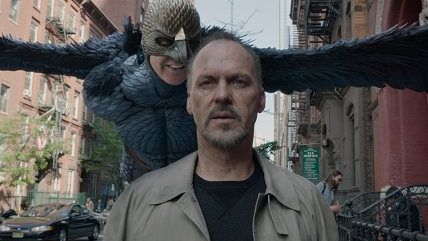
This year's lineup of Oscar nominees demonstrates more clearly than usual the essential irrelevance of all film-ranking competitions. Not that living-room Oscar parties and pre-ceremony winner-guessing aren't fun. But in a year as packed with good movies as 2014 was, the idea of comparing them in any meaningful way is clearly daft. Is Birdman, a unique exercise in magical realism, a better movie than American Sniper, a complex consideration of war and valor to which it bears no resemblance? Is either of those films somehow superior to Richard Linklater's Boyhood, which bears no resemblance to any other movie I can think of? No. But all three of these are among this year's nominees for Best Picture. One of them will probably win. Which will mean that the two that don't are, what, in some way inferior?
But let us not grump. I have an undistinguished record in predicting which winners will be picked by the 6000-some members of the Academy of Motion Picture Arts and Sciences (imagine the amount of back-scratching and score-settling that might be going on). Like everyone else, though, I have preferences.
Best Picture: Birdman
For years now one of the biggest complaints about Hollywood has been directed at its addiction to remakes and comic-book franchise-building. Birdman is an utterly original conception, brilliantly executed, and borne aloft by Michael Keaton's indelible star performance. Boyhood is equally deserving, and has already won a Golden Globe, but it might be too arty for Best Picture. And I imagine the Academy could be torn about American Sniper: on one hand, it's an affront to Hollywood politics; on the other, it grossed more than $300-million in its first month of release. Of the remaining contenders in this category, Wes Anderson's The Grand Budapest Hotel, another original, could be too airily eccentric to win, and The Imitation Game and The Theory of Everything are basically old-fashioned comfy biopics. Whiplash really has only one memorable element, which doesn't make for an Oscar-level picture. And then there's Selma, a movie about a great man at an epochal moment in American history which is, unfortunately, talky and slow. So no.
It must be noted here that one of the year's best movies, Guardians of the Galaxy, appears to have fallen afoul of the Academy's disinclination to honor any fantasy film that doesn't feature hobbits. Which matters not at all—it's still a great picture.
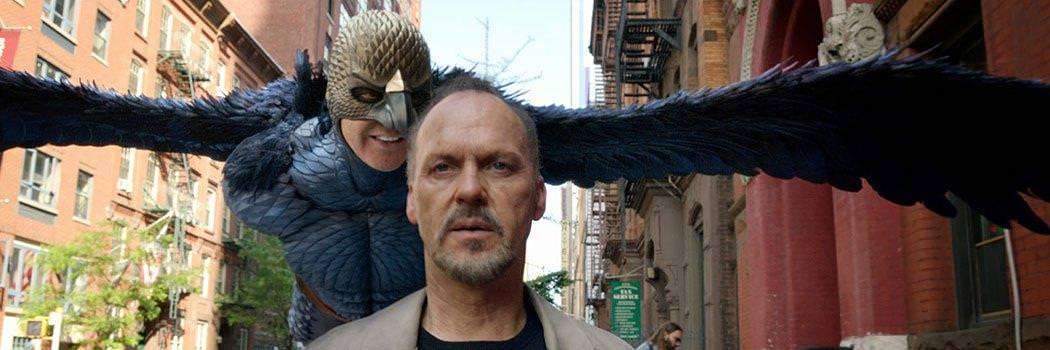
Best Actor: Michael Keaton, Birdman
Keaton's performance in Birdman, which resonates with his own professional history, is bravely revealing. He not only plays his age (he's now 63), but he plays his age in his underwear—in Times Square. His most serious competition here is Eddie Redmayne, whose performance as Stephen Hawking in The Theory of Everything is a marvel of physical transformation. Bradley Cooper's carefully weighted performance in American Sniper could also be a worthy, if slightly unlikely, winner. Of the other two nominees, Benedict Cumberbatch seemed to me a little too Sherlock-y in The Imitation Game, and Steve Carell's bent billionaire in Foxcatcher was a flat character unredeemed by a distracting prosthetic nose.
Best Actress: Julianne Moore, Still Alice
Still Alice, the story of a doomed Alzheimer's victim, is an anti-crowd-pleaser. But as a woman melting away into her cruel disease, Moore is unforgettable. This is her fifth Oscar nomination (the first was for Boogie Nights in 1998), and she's never won. I'd say this is her year. I also liked Rosamund Pike's witchy performance in Gone Girl, but it was subverted by the picture's awkward implausibility (and possibly Hollywood's bizarre aversion to celebrating David Fincher). Everyone else in this category—Felicity Jones in The Theory of Everything, Marion Cotillard in Two Days, One Night, and Reese Witherspoon in Wild—did fine work. But Moore towers above them.
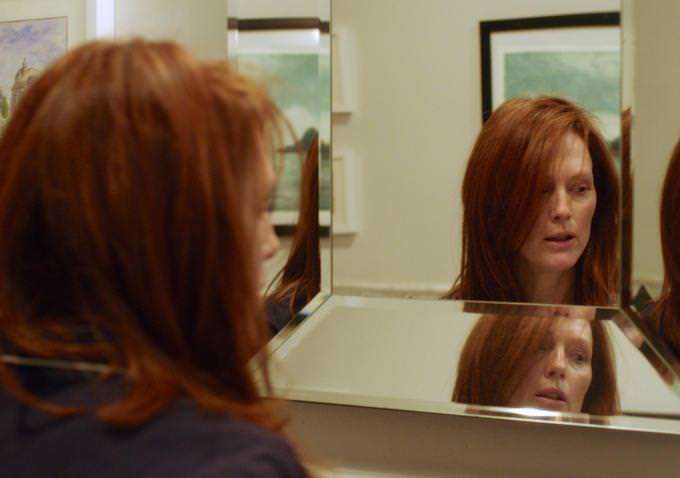
Best Supporting Actor: Edward Norton, Birdman
This isn't going to happen, but Norton really cut loose in Birdman—he's never been more exuberantly funny. Also doing some of their best work were Ethan Hawke (in Boyhood) and Mark Ruffalo (in Foxcatcher). And Robert Duvall was of course totally pro in The Judge. But J.K. Simmons gave a stormy performance as the martinet drum teacher in Whiplash; he's already won a Golden Globe and a Screen Actors Guild award for it, and he's an actor everyone loves, and he's probably a lock in this category.
Another note: Duvall's nomination here has a feeling of rote courtesy. Might it not have gone to Bill Hader, for his singeing comic performance in The Skeleton Twins? Or to Andy Serkis, sublime for the second time as the simian Caesar in Dawn of the Planet of the Apes—and dissed once again by an Academy that refuses to acknowledge the art of performance-capture acting?
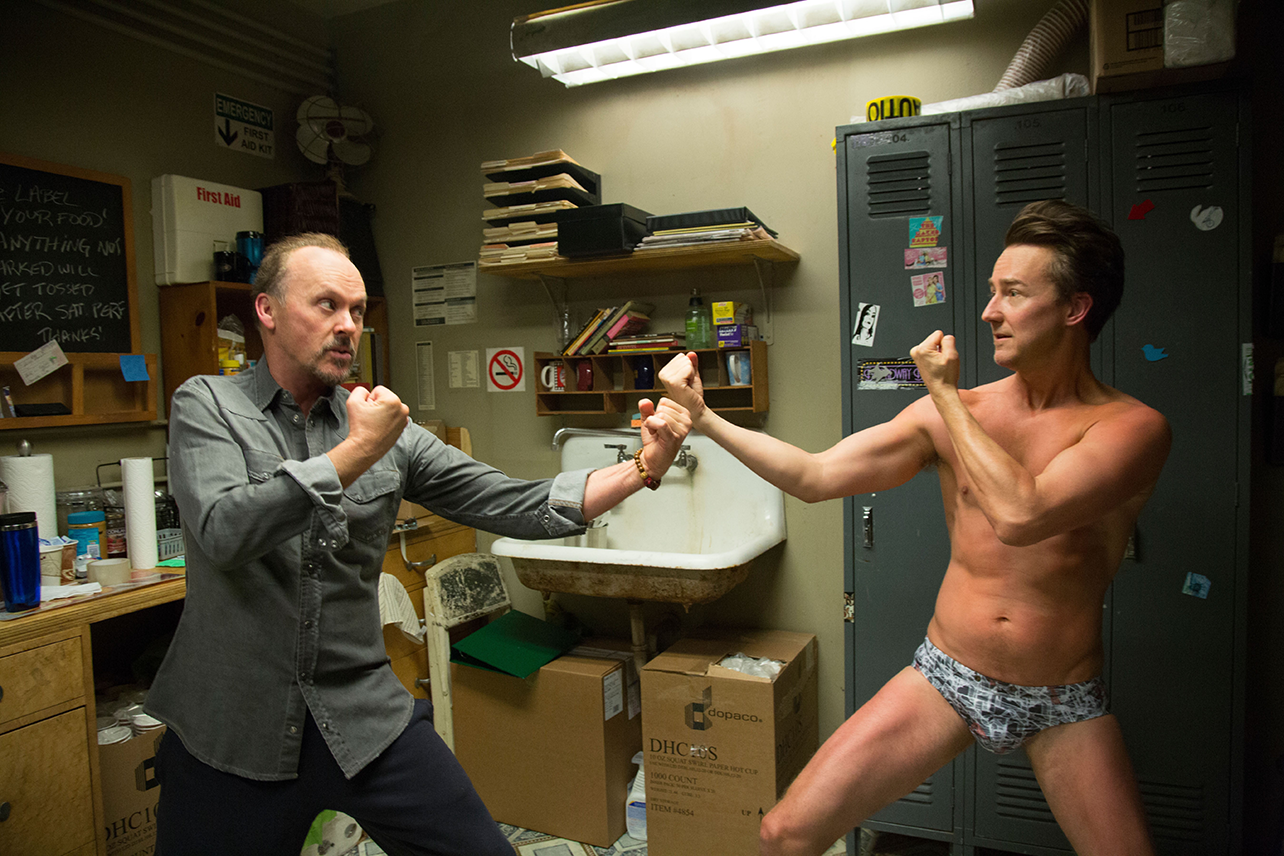
Best Supporting Actress: Patricia Arquette, Boyhood
Building a richly detailed character over the course of the dozen years it took to shoot Boyhood is a singular achievement, and Arquette's competition here—Emma Stone in Birdman, Keira Knightley in The Imitation Game, Meryl Streep in Into the Woods, and even Laura Dern, so touching in Wild—seems unlikely to trump it. (It's too bad Rene Russo couldn't have been recognized for her heart-tugging performance in Nightcrawler, which along with films like Chef and The Skeleton Twins numbered among the year's several small gems.)
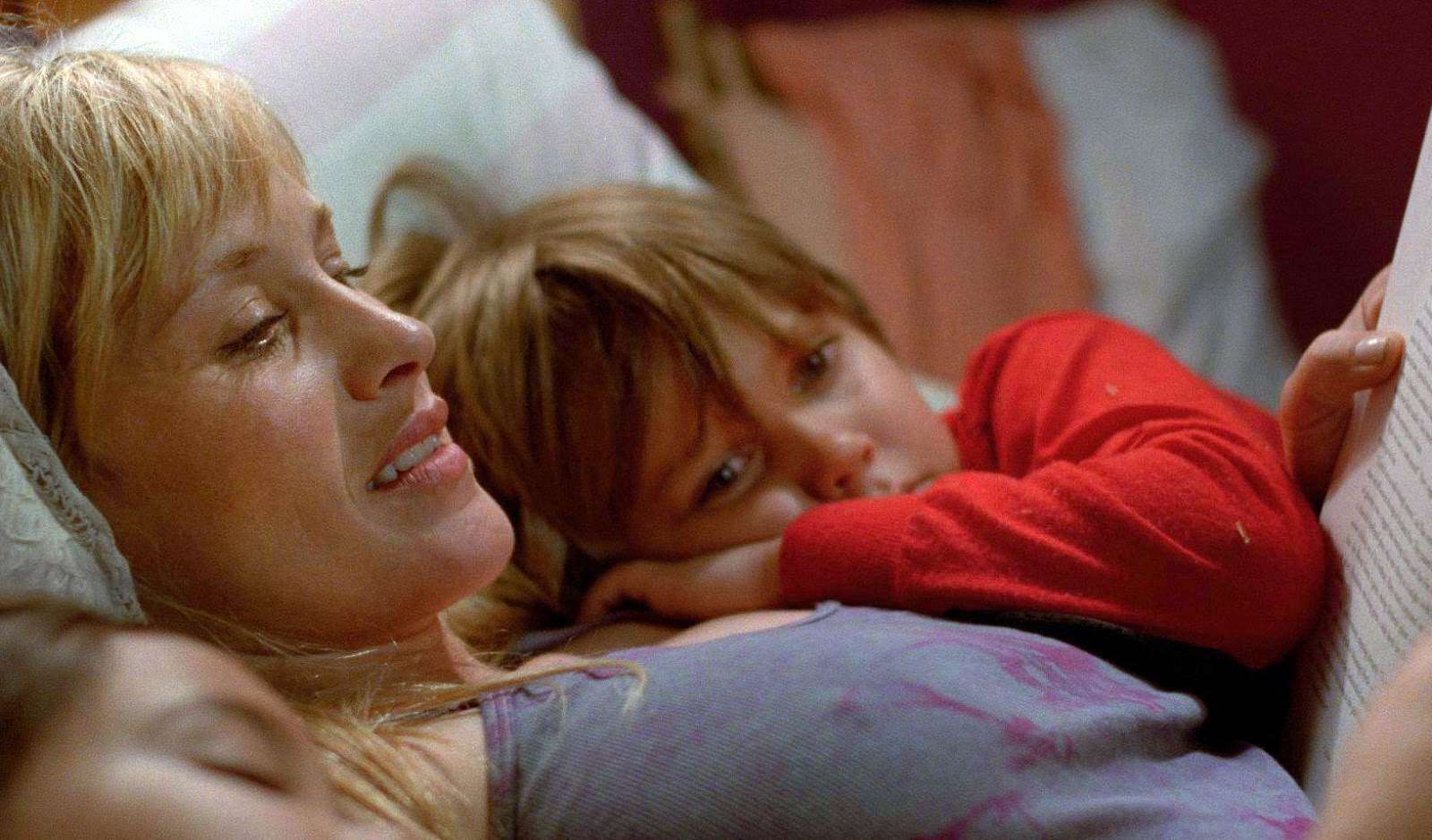
Best Director: Richard Linklater, Boyhood
A tough category, especially with Alejandro Iñárritu in contention for Birdman and Wes Anderson for The Grand Budapest Hotel. Either of them would be a deserving winner. But Linklater's long-term commitment to the characters he created for Boyhood, and to the actors he cast to play them, has no precedent that I'm aware of.
Best Cinematography: Emmanuel Lubezki, Birdman
Lubezki, who won an Oscar last year for Gravity, is up against some masters here, chief among them Dick Pope (Mr. Turner) and Roger Deakins (Angelina Jolie's Unbroken), as well as Robert D. Yeoman (who might edge him out for The Grand Budapest Hotel). But Lubezki's fluid expertise in helping create the one-long-shot illusion for Birdman is a central component of the film's dazzling effect.
Best Original Screenplay: Wes Anderson and Hugo Guinness, The Grand Budapest Hotel
It could turn out to be Linklater's Boyhood, or the deliriously inventive Birdman script, by Iñárritu, Nicolás Giacobone, Alexander Dinelaris Jr., and Armando Bo. But Anderson has been nominated three times previously, and never won. Now, with three more nominations for this film (Best Picture, Director and Screenplay), it could be felt that his time has come as a writer—and very possibly more.
Best Original Score: Alexandre Desplat, The Grand Budapest Hotel
Desplat is also nominated for The Imitation Game, but this giddy score seems a more likely winner —unless it's felt that Interstellar should be tossed a bone for Hans Zimmer's score. It's puzzling that Antonio Sanchez wasn't nominated for his sizzling percussion tracks for Birdman. And it's too bad that Mica Levi couldn't have gotten a nod for her eerie work on Under the Skin, but we do live in the real world.


Show Comments (34)